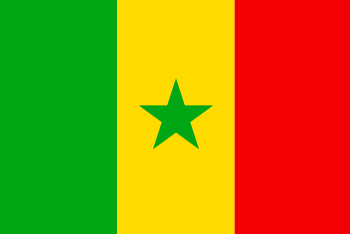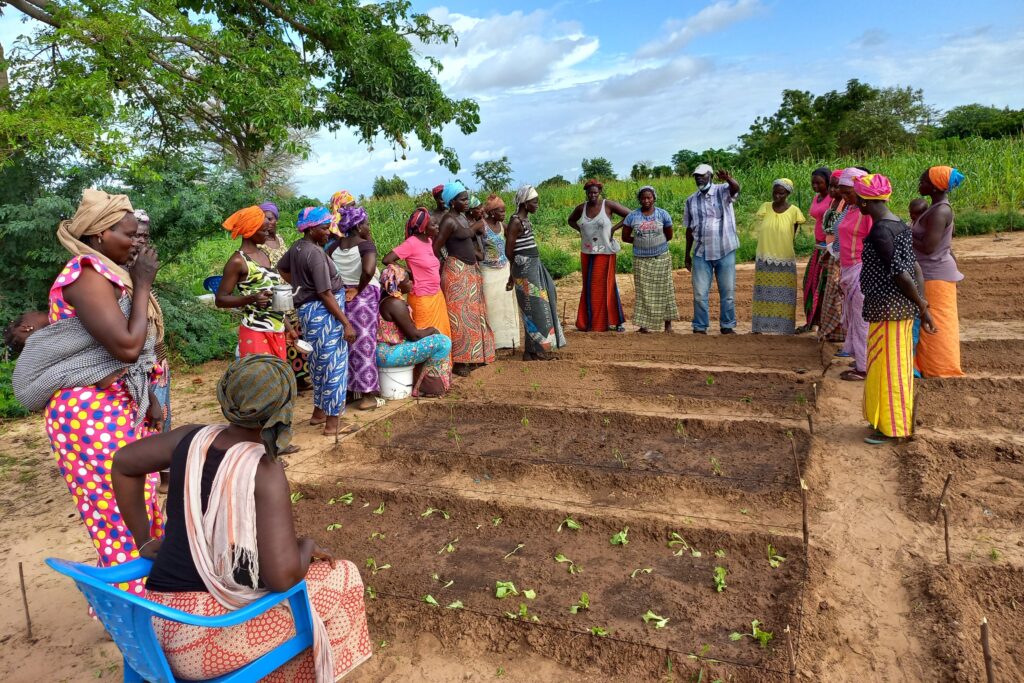 Senegal Fatick
Senegal Fatick
$111,240 needed of $120,000

Implementing Organization
World Renew
Program Summary
Senegal is located on the Western tip of Africa, bordering the Atlantic Ocean and the countries of Mauritania, Mali, Guinea and Guinea-Bissau and surrounding The Gambia. Senegal is often referred to as ‘the land of hospitality’, whose peace and safety stands out in a region where neighboring countries experience jihadism, coups, and military rule. It has close to 18 million inhabitants, half of whom live in rural areas and are typically engaged in agriculture or animal husbandry.
The Serere ethnic group is the smallest and most conservative of the three major ethnicities in the country. Women in the Serere ethnic group typically work in their husband’s fields to contribute to the family’s nutrition, but unlike many of their neighboring ethnic groups, Serere women do not own any of these crops. This program is serving these vulnerable women by helping them to form women’s associations.
The program combines food security and nutrition programming to improve the well-being of farmer households in 20 villages in the Fatick and Tambacounda regions of Senegal. Through training and coaching on nutrition, establishing Community Agriculture Forums, and training and coaching on sustainable dry and rainy season agriculture, World Renew and local partner Église Luthérienne du Sénégal (Lutheran Church of Senegal), aim to improve the food security and health of 750 households in 20 villages.
Marie's Story - Senegal Fatick
Success Stories

Reconnecting with Nature Through Agroecology
Thiokh traces the beginning of her journey of personal transformation to training and practice in agroecology through local partner ELS. Before she received instruction in working the land sustainably, she’d felt disconnected from nature. Learning innovative farming techniques helped her acquire valuable skills, find greater meaning in life, and feel an intimate connection with the world around her.
She says she’d always been fascinated by the concept of agroecology and reconciling food production with environmental respect, promoting sustainable agricultural practices, and preserving biodiversity. Her previous farming experience, she says, was a “tasteless” daily routine that did not generate income or provide satisfaction. Traditional farming was no longer working for her. But, during training, working on the land, planting seeds, and observing plant growth was, to her, an intense sensory experience. Seeing the tangible results of her efforts in her harvest showed her how much progress she’d made and gave her deep satisfaction.
Discussions with ELS agents during her training were invaluable: their passion, expertise, and experience inspired her. Implementing what she learned during practice in the field was more physically demanding than she’d expected, but she learned to adapt. Time management was another challenge, but she relied on the advice and encouragement of ELS staff. She also depended on the other members of the group who trained alongside her, saying that creating a shared garden was a wonderful collective experience. Collaborating with classmates and sharing their skills and knowledge was extremely enriching as they designed, built, and maintained the garden, applying all the techniques learned.
Beyond technical skills, though, says Thiokh, this training developed her awareness of the importance of biodiversity, the preservation of natural resources, and the need for her community to change their consumption and production modes. She says the experience has given her a profound sense of peace and satisfaction.
Senegal Fatick Program
Led by World Renew and local partner Église Luthérienne du Sénégal (ELS)
